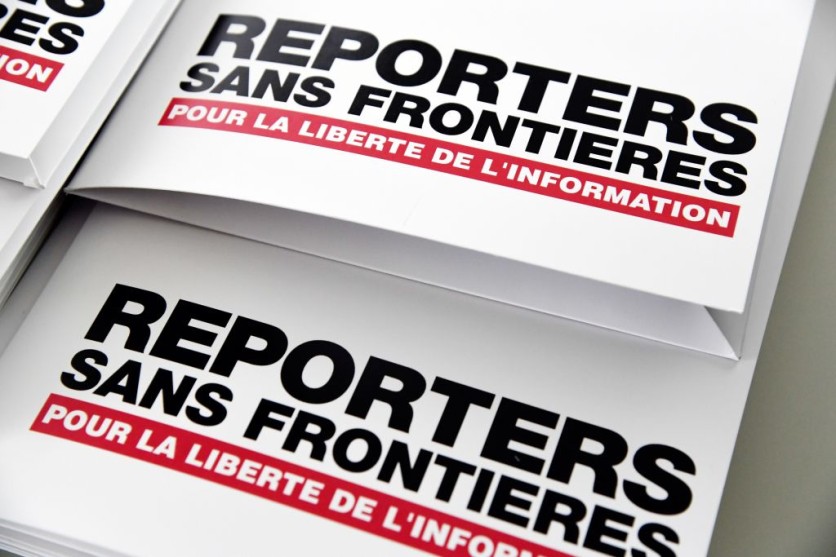In light of the rapidly advancing use of artificial intelligence (AI) in the media landscape, concerns over information integrity have prompted the formation of an international committee led by Reporters Without Borders and its partners.
The primary objective of this committee is to draft a comprehensive charter that regulates the utilization of AI in media, ensuring ethical and responsible practices.

Headed by Nobel Peace Prize Winner
Heading the committee is Maria Ressa, a distinguished journalist and the recipient of the 2021 Nobel Peace Prize. The committee is comprised of 21 prominent members hailing from 13 different countries, encompassing experts in journalism, AI, and digital technologies.
With such a diverse and accomplished lineup, the international committee aims to present the results of its work before the year ends. The core focus of this committee is to establish a set of fundamental principles, rights, and obligations for information professionals concerning the adoption and application of AI-based systems in journalism and media.
Reporters Without Borders collaborates with major non-governmental organizations (NGOs) dedicated to defending journalism, such as FPU, EJN, CPJ, IPI, and GFMD, to effectively manage this initiative.
Media representative organizations for the press (WAN-IFRA) and television (ABU, EBU) are also engaged, along with investigative journalism consortia like ICIJ and OCCRP.
The expertise and diversity these partner organizations bring will play a crucial role in shaping a comprehensive and universally relevant framework for AI in the media industry.
Ressa, the committee chair, is renowned for her work as a journalist in the Philippines and the founder of Rappler. Joining her is an eminent group of professionals, including Charlie Beckett, a professor at the London School of Economics; Emily Bell, a professor at the Columbia School of Journalism and director of the Tow Center for Digital Journalism; and Veysel Binbay, the director of technology at the Asian Broadcasting Union.
Jodie Ginsberg, president of the Committee to Protect Journalists (CPJ), Ruth Kronenburg, executive director of Free Press Unlimited, and Gary Marcus, a professor emeritus of psychology and neural science at New York University, are also part of the committee, among others.
Read Also : Harvard Business School Professor Says Small Businesses Should Start Using AI Tools Like ChatGPT
AI-Based Systems in Journalism and Media
The guidelines, expected to be presented by the end of 2023, seek to establish principles, rights, and obligations for information professionals regarding the responsible implementation of AI-based systems in journalism and media.
The collaboration between these experts and partner organizations is anticipated to significantly impact shaping ethical practices and ensuring transparency in AI-infused journalism.
"Finding facts and accessing information used to be one of the biggest obstacles in investigative journalism. Now we often face a deluge of data - particularly from concerned whistleblowers - and the challenge becomes sorting and organizing it to find the stories," ICIJ executive director Gerard Ryle said in a statement.
"AI and machine learning are valuable tools that can help, especially when journalists understand both the power of AI and its limitations," he added.
Related Article : Is AI Impacting the Environment? Quantifying AI's Carbon Footprint Is Possible, but Hard, Says Researcher

ⓒ 2025 TECHTIMES.com All rights reserved. Do not reproduce without permission.




